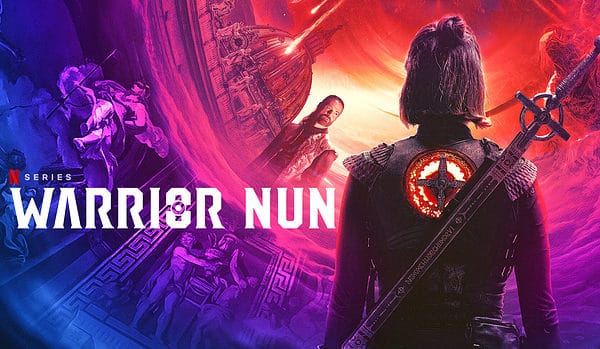In a world where knowledge is killed for, you should consider yourself lucky the Alexandrian Society didn’t come for you.
Welcome to the Alexandrian Society, a place where lost knowledge from the greatest civilization of antiquity can be at the touch of your fingertips. Here you can enjoy the journals of remarkable philosophers, scientists, and revolutionary individuals while sipping your morning tea. Here you can discover just how much power is within you, testing out concepts others thought to be only theoretical. Here you can finally feed whatever was starving inside of you for knowledge.
Here you must kill for a seat at the table.
Welcome to the Alexandrian Society, a secret institution where Caretakers, i.e., elite magicians called medeians, are tasked with protecting lost knowledge acquired from the greatest civilization of antiquity. Every 10 years, only six are chosen to become the library’s new guardians, and this year the group could not be more intriguing.
The first chosen are Libby and Nico, two inseparable enemies bound together by their overlapping abilities. Next up, we have Reina, a skillful naturalist who can essentially speak the language of life. Parisa, a mind reader with looks that could kill, definitely needs no introduction. And Tristan, perhaps the most complicated character, was born with an ability so rare, that even Society itself doesn’t know what his full potential will be. And last but certainly not least comes Callum, a rich pretty boy with a knack for puppeteering people without lifting a finger.
They all agreed to the terms; spend one year at the Society’s headquarters, living and studying side by side… but after the end of the 12 months, only five will pass. One must be eliminated. Will they find it in themselves to pay the price if it means access to infinite knowledge? Well, in a world where knowledge means power, perhaps the price doesn’t matter if it results in an endless amount of it.
The Atlas Six is the first of The Atlas Series, with the second novel, The Atlas Paradox, expected in October 2022.
Should You Read It?
While this book did make it into the celebrated New York Times Bestseller list, it wasn’t always popular. In fact, author Oliva Blake first published the novel independently before it gained recognition among online book communities. Soon afterward, the book was re-edited with its brand-new cover illustration seen almost everywhere. But the thing with hyped books is that sometimes the excitement surrounding them might be deceiving. I set out to discover if this was the case for this particular novel.
Aside from its dark academia aesthetic, what stood out in this novel were the characters, each diverse and troubled in their own way. Throughout the book, little by little is revealed about them, each time in a surprising way. In a sense one can say that the readers themselves were able to experience the character’s hunger for knowledge as they searched the pages for more details about the group’s past, storing every piece of information carefully in their minds.
What was just as interesting, if not more than the characters themselves, was the interactions between them. Although their forced proximity bonds them in some way, mistrust and betrayal still seep through moments of good faith and promises of friendships. I found myself reaching for the novel just to answer questions about what they were up to now. The Atlas Six is definitely a character-driven story, with the plot only slightly influencing their actions and decisions.
Blake also manages to raise various philosophical questions in the readers’ minds, making them relate to a world not entirely like our own. Should all knowledge be free of access by everyone, regardless of their intentions on how to use it? Is there such a thing as too much power? Should someone just be ‘erased’ for how dangerous they might essentially become? These questions will keep you up at night long after you’ve finished reading the book.
However, there were times when I felt frustrated as I read this novel. While the book is written beautifully, I found myself having to detangle petty phrases and philosophical dialogue to get to the intended meaning. Furthermore, so little is mentioned about what the group studies (which is actually quite interesting) and when it is, the subjects are explained in such curtness that it makes readers disappointed there isn’t more. Additionally, the pages discussing the academics behind it all consisted of again philosophy that runs around in circles.
Overall, the hype surrounding this novel might be misleading as it is certainly not for everyone. The story lacks much plot, only allowing readers to understand what is actually going on in the last couple of pages. And while it may appeal to lovers of character-driven stories, I must also warn you that some find them unlikeable — but do characters need to be likable for a story to be enjoyed is another philosophical question for you to ponder the answer to.
While I’m still torn between what my emotions are regarding this book, I am intrigued for the next one to come, hoping that after this lengthy prologue, we’ll get to a fast-paced, all-stakes plot-driven story where the library itself can shine as a character.
Photo: Look Studio/Shutterstock
You might also like:
Support us!
All your donations will be used to pay the magazine’s journalists and to support the ongoing costs of maintaining the site.
Share this post
Interested in co-operating with us?
We are open to co-operation from writers and businesses alike. You can reach us on our email at cooperations@youthtimemag.com/magazine@youthtimemag.com and we will get back to you as quick as we can.









